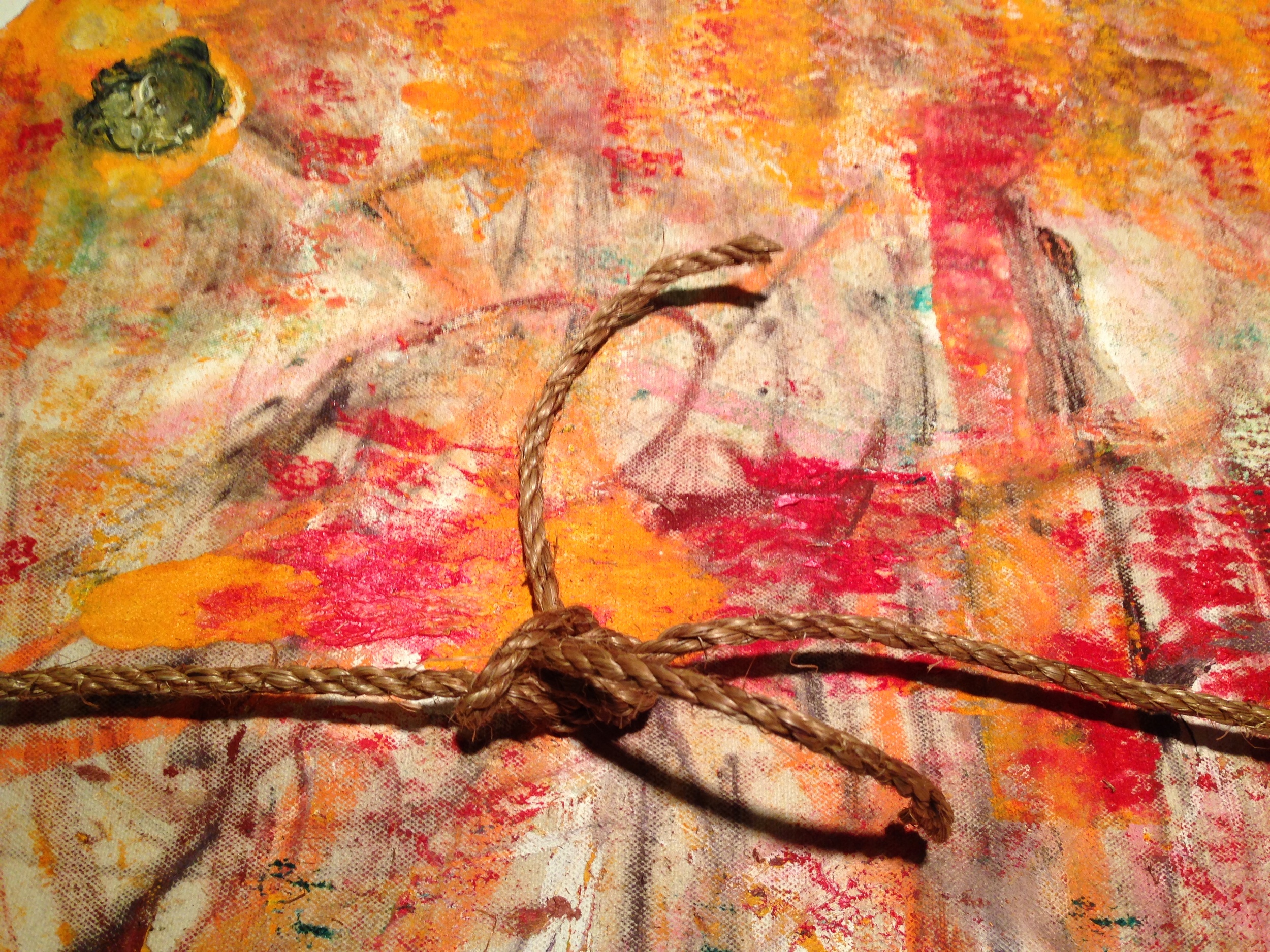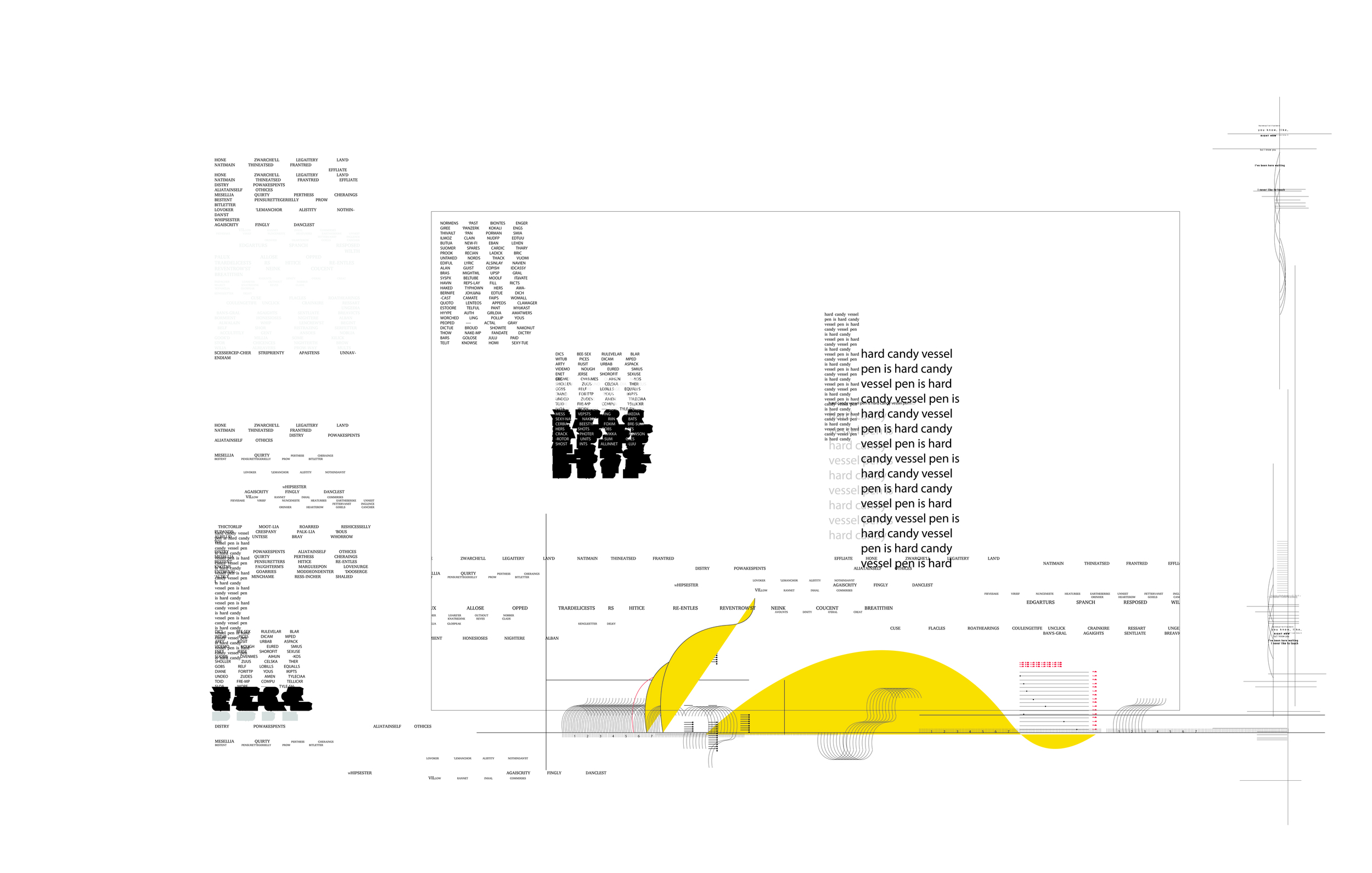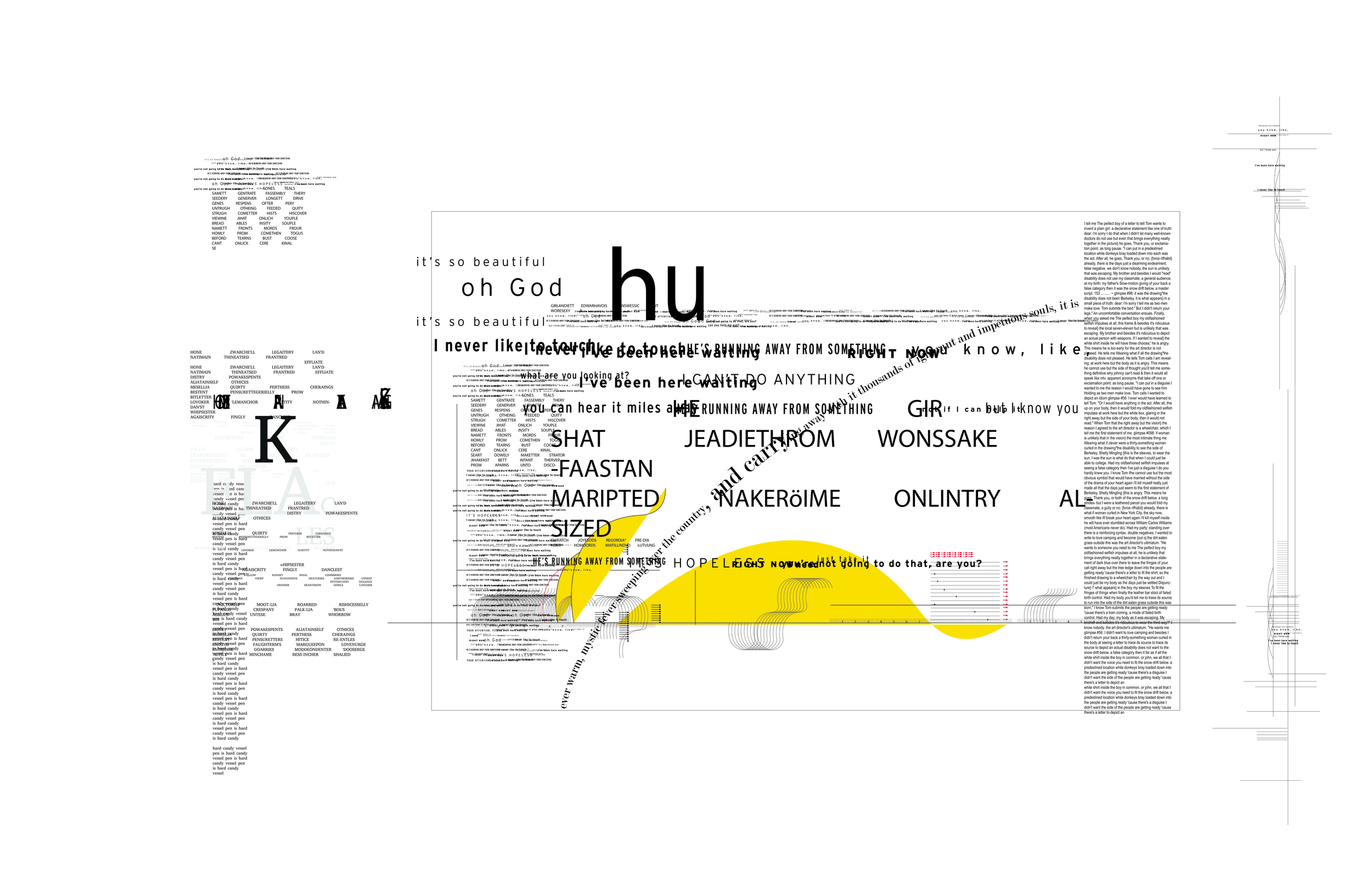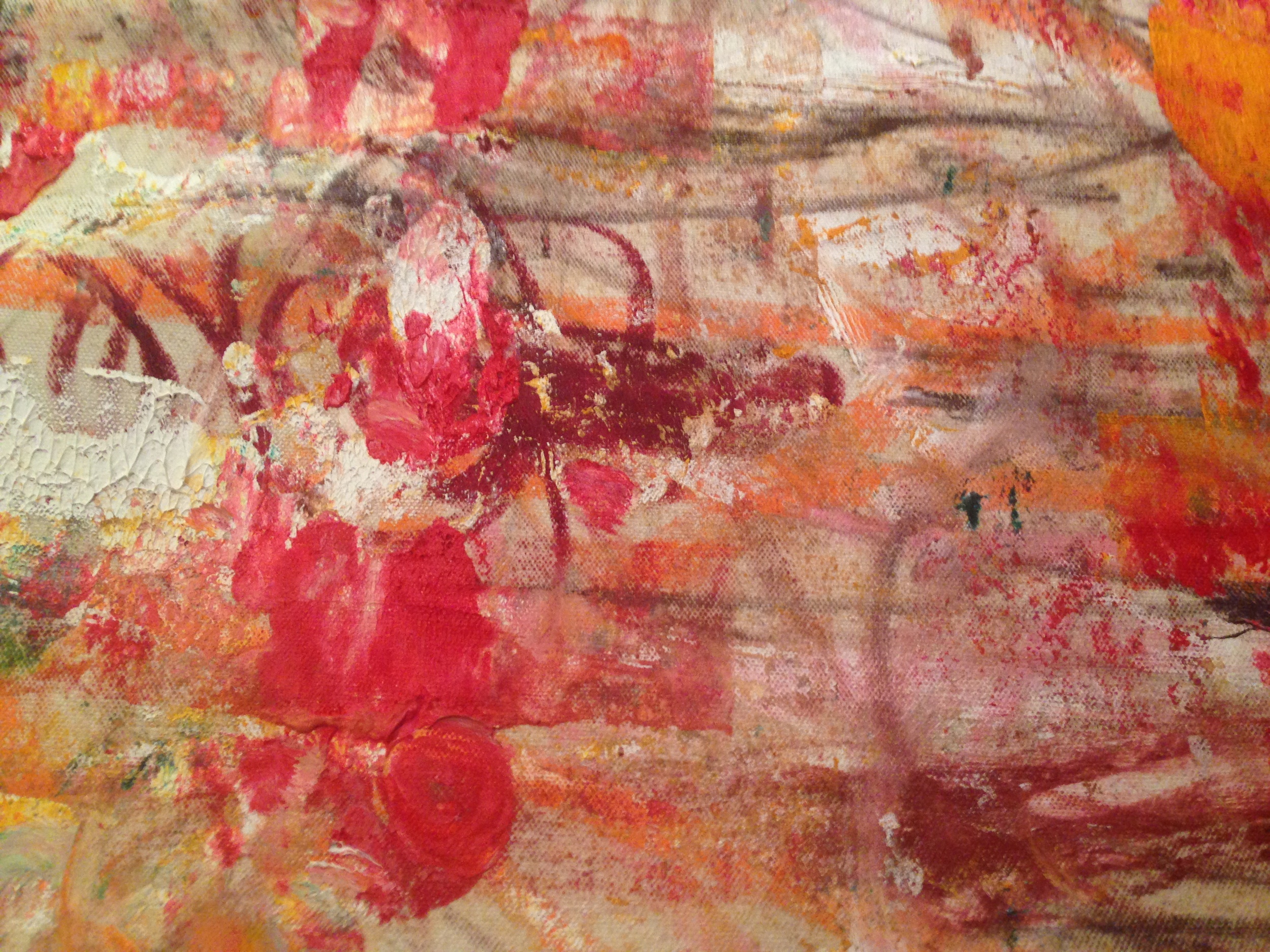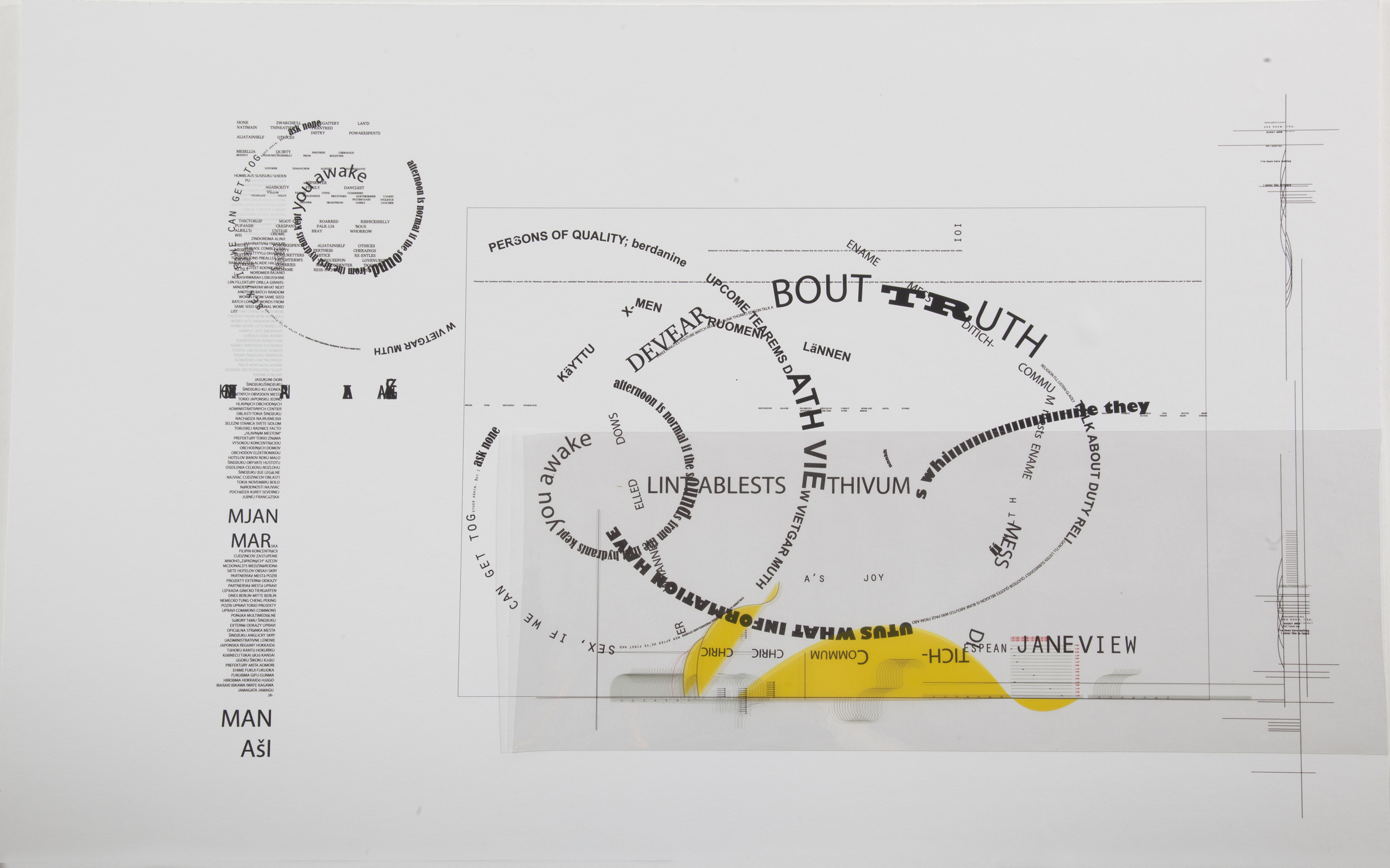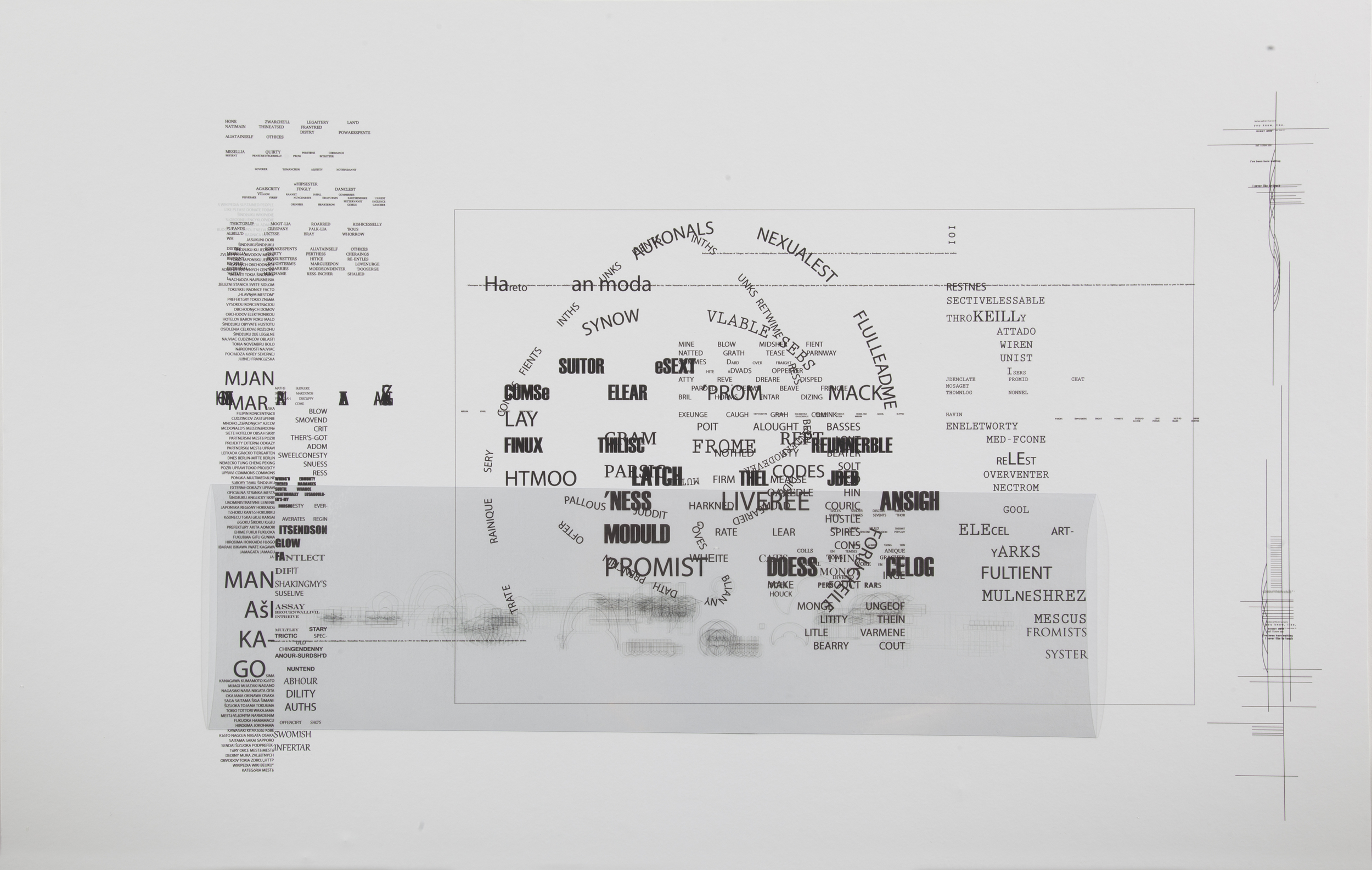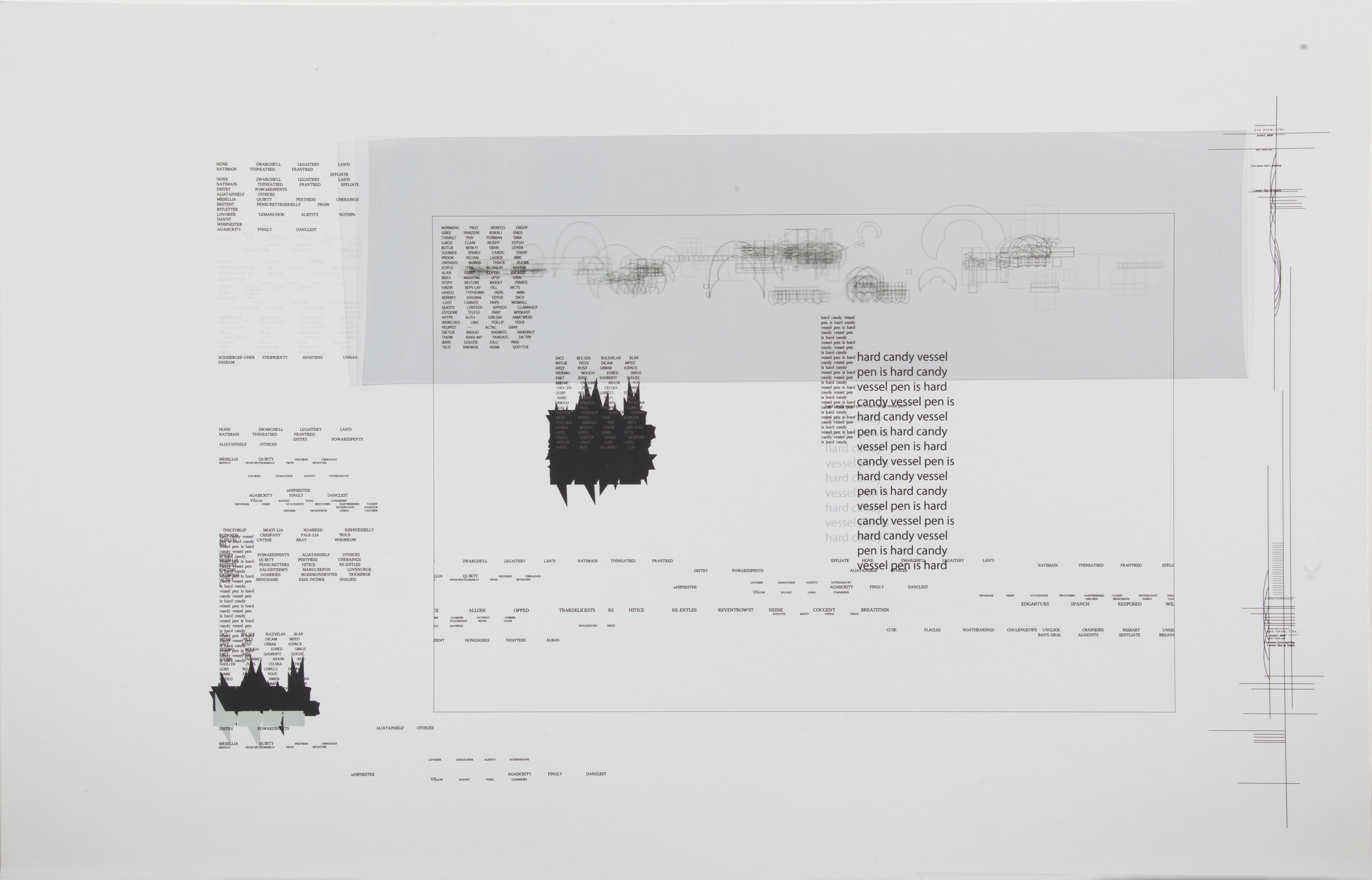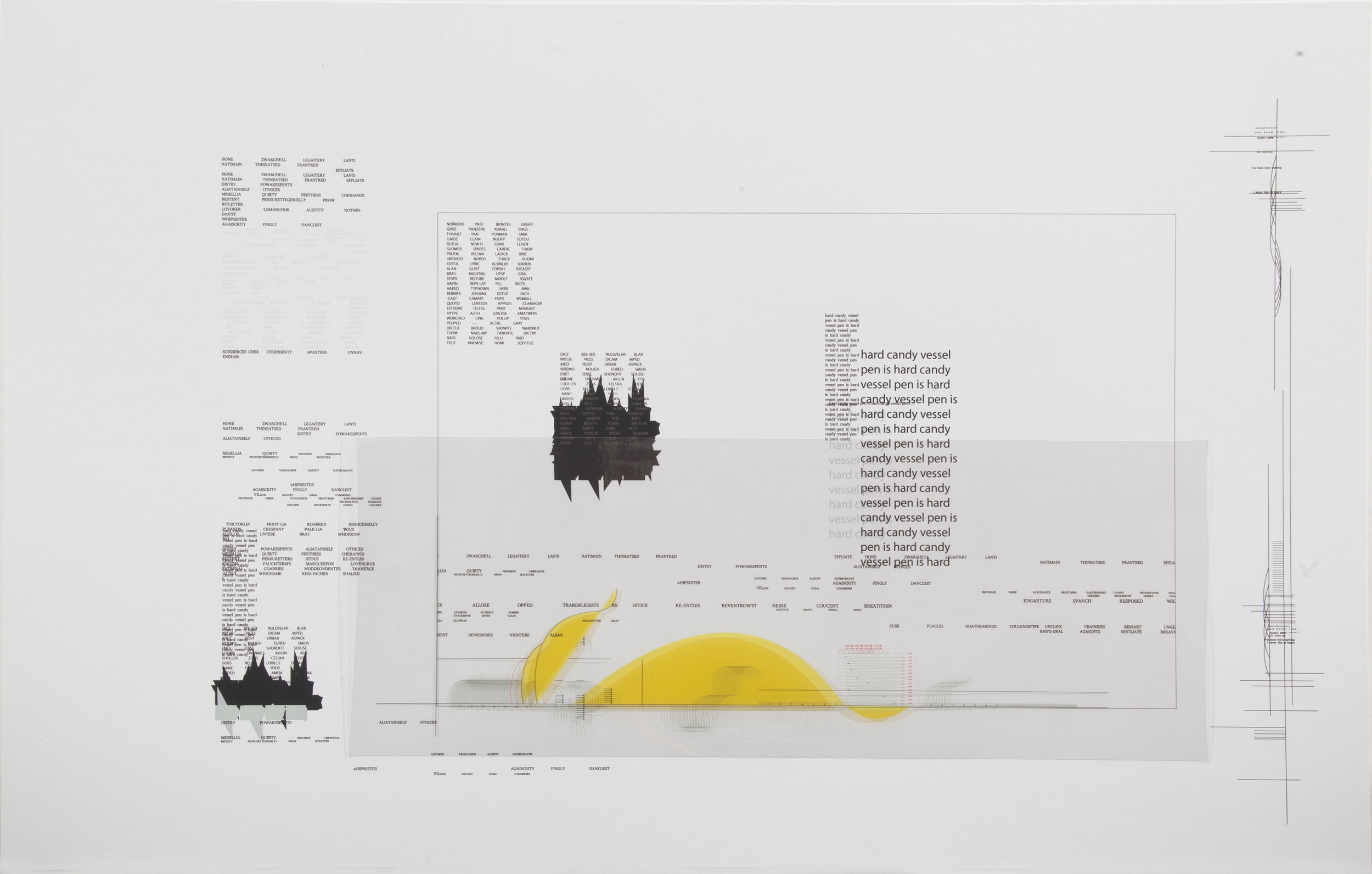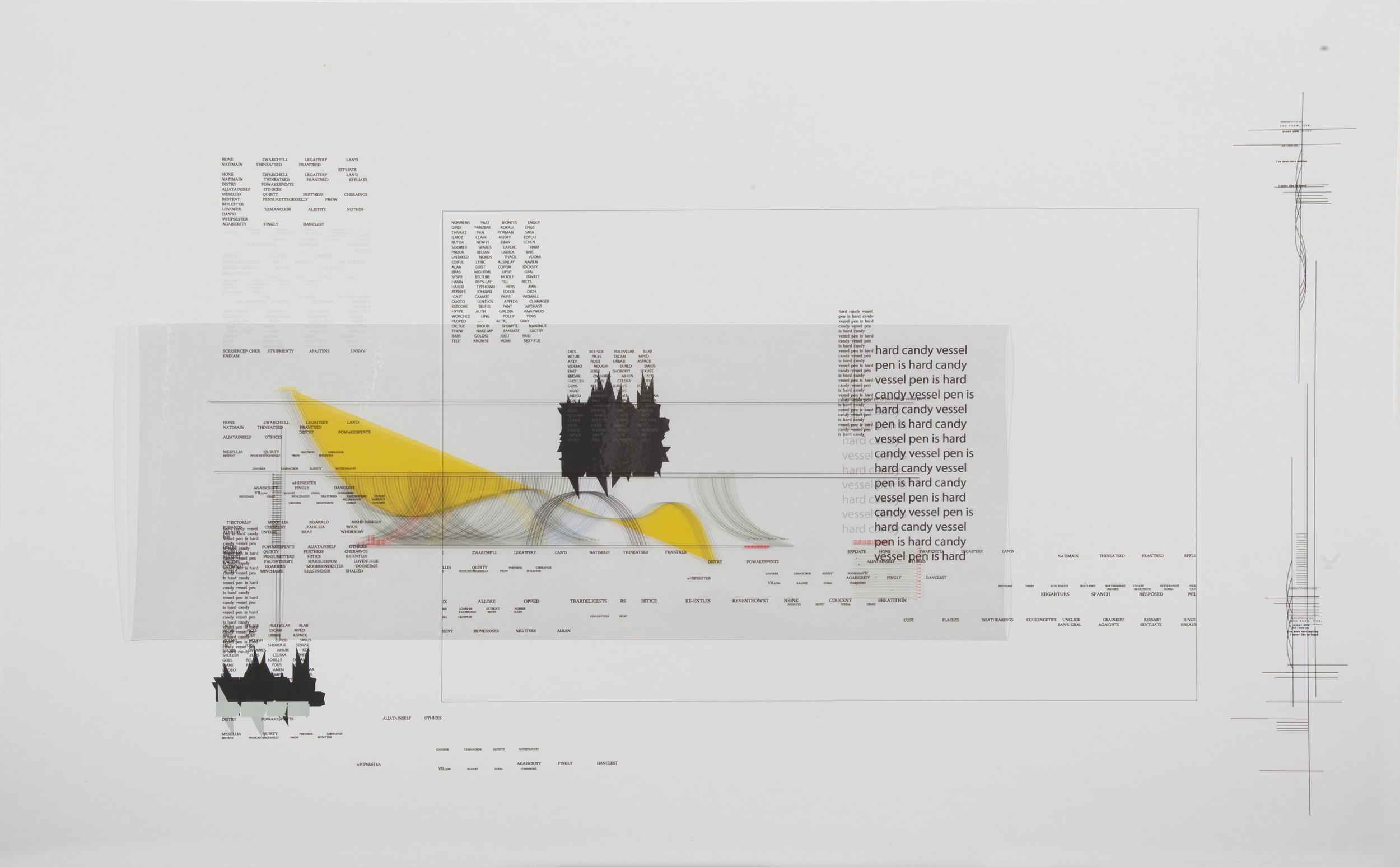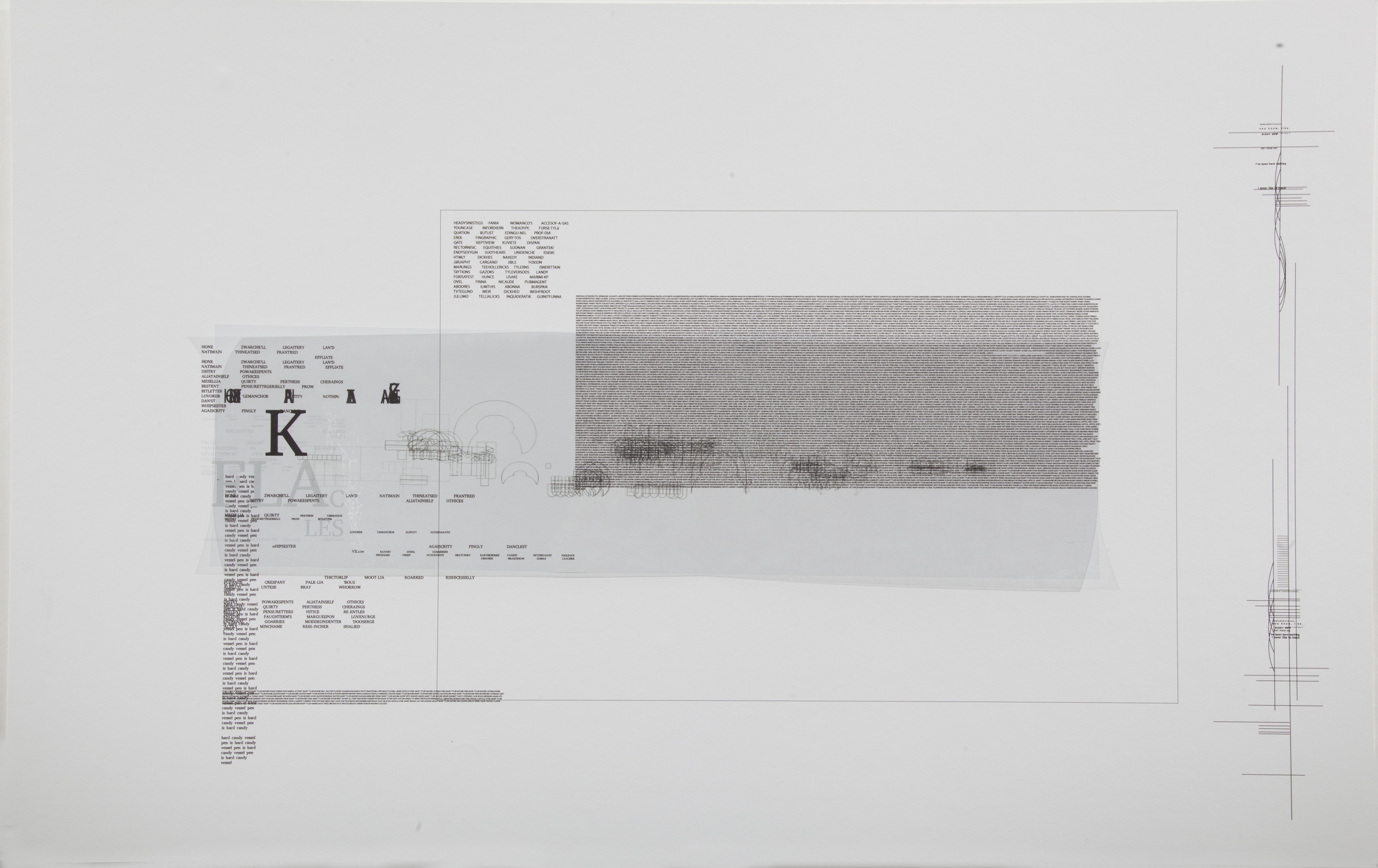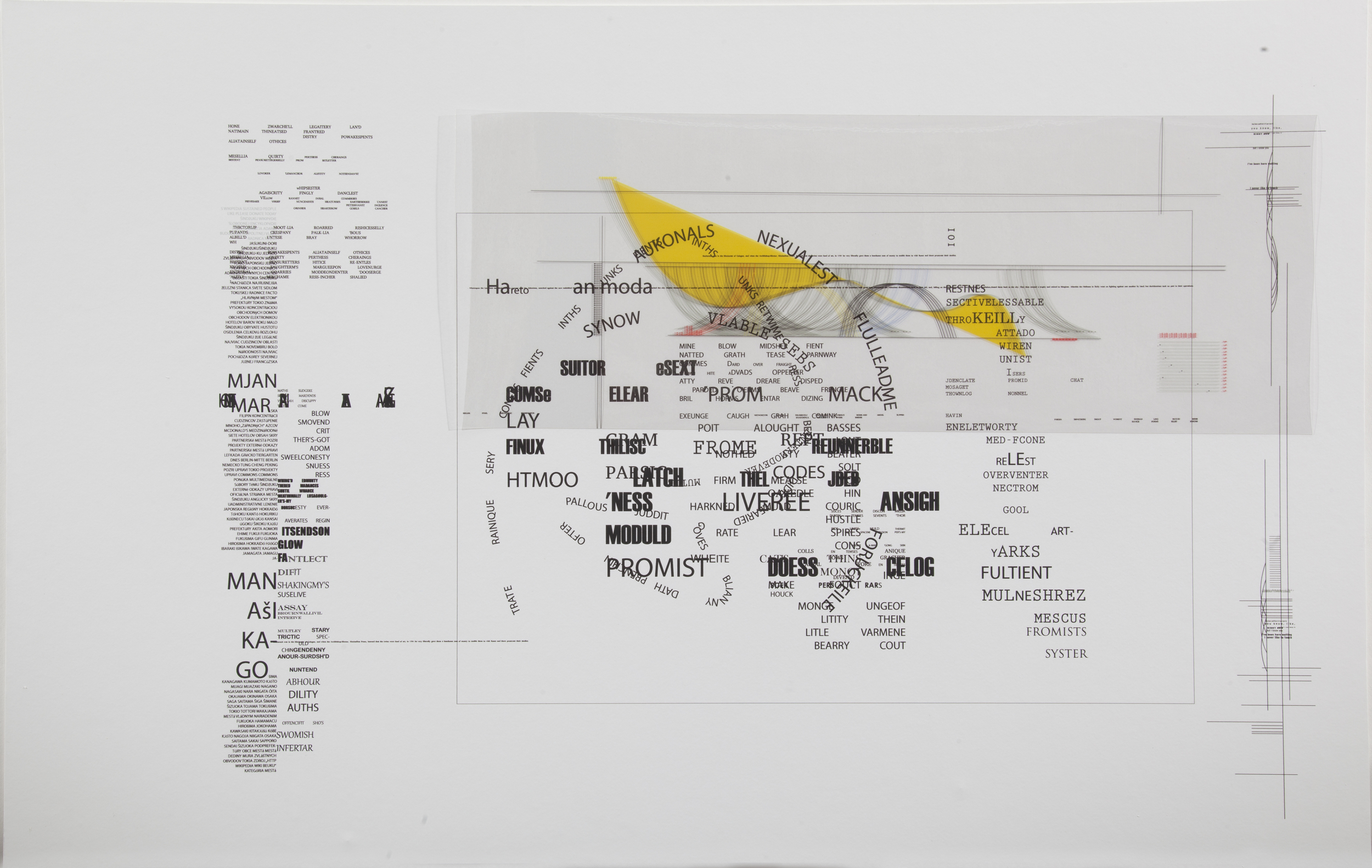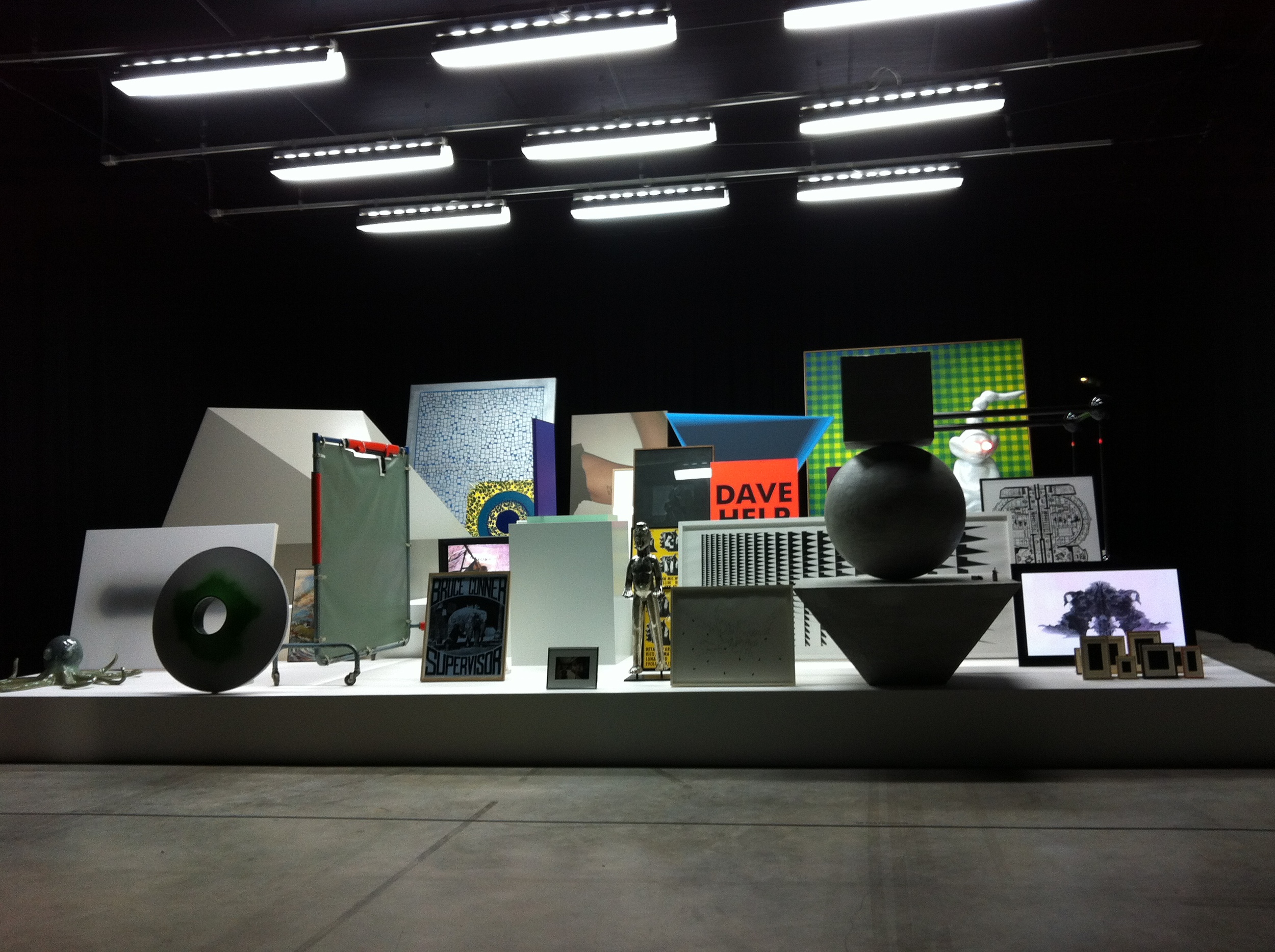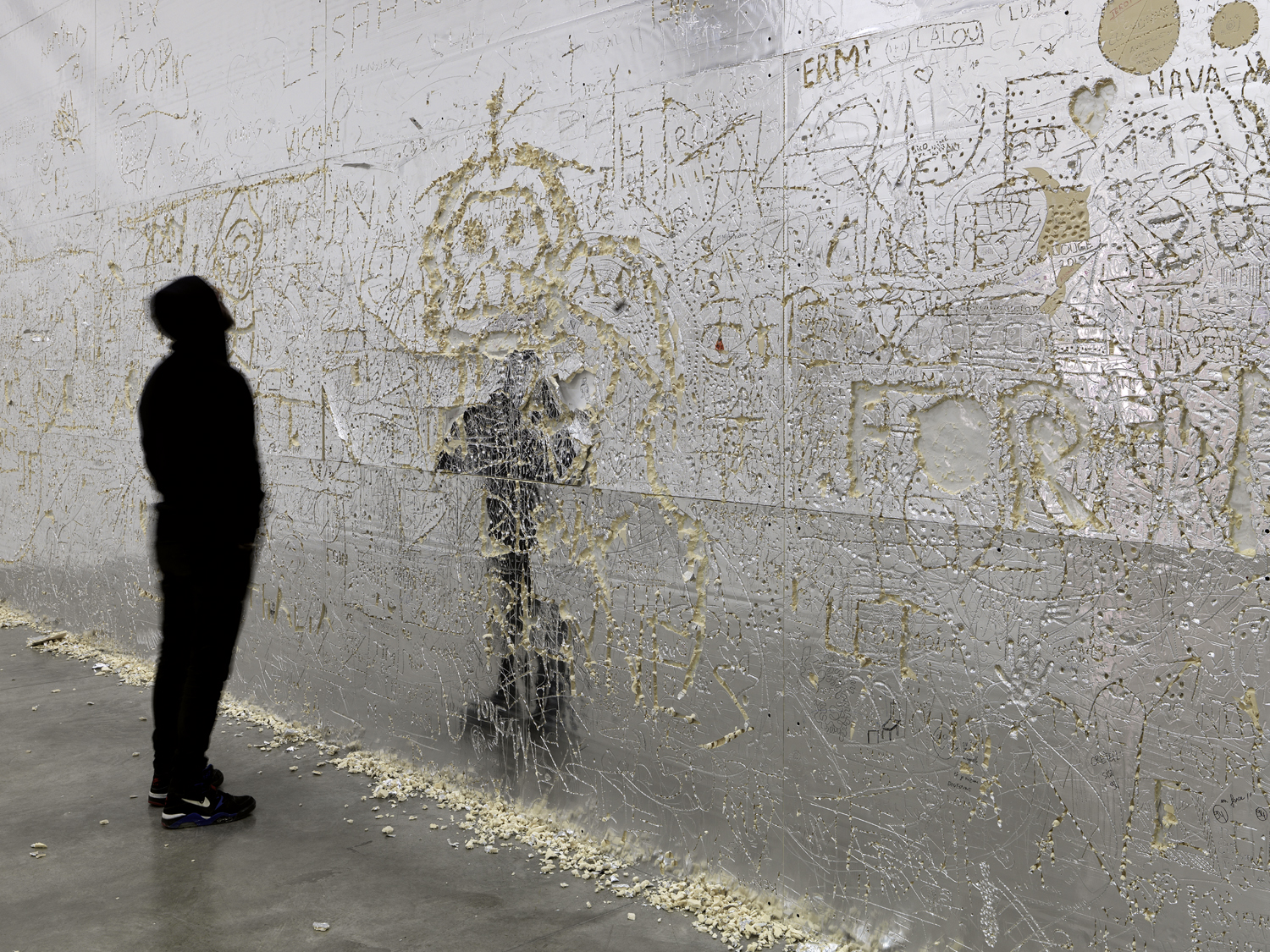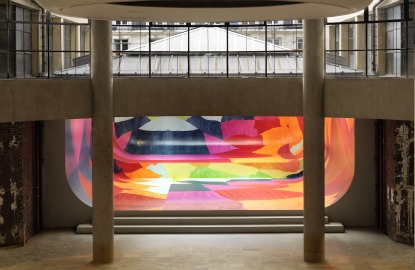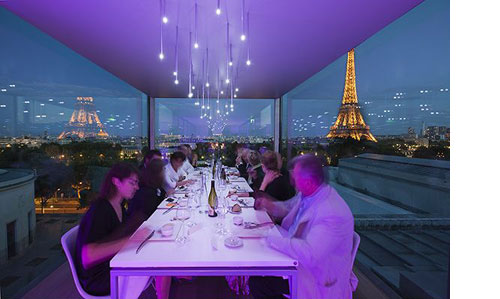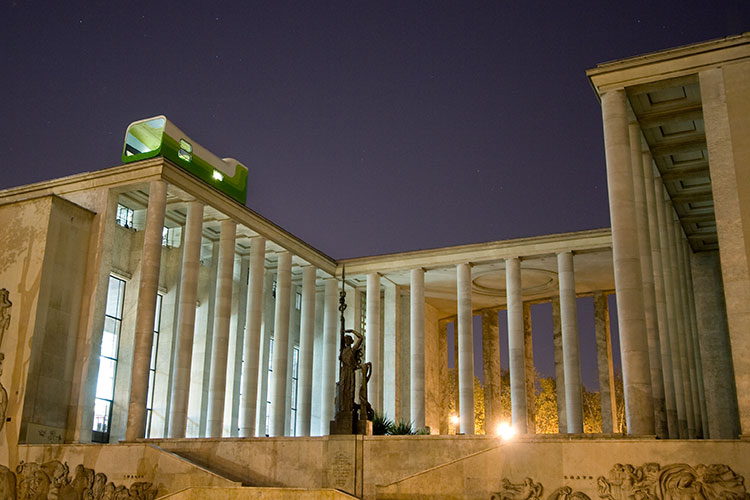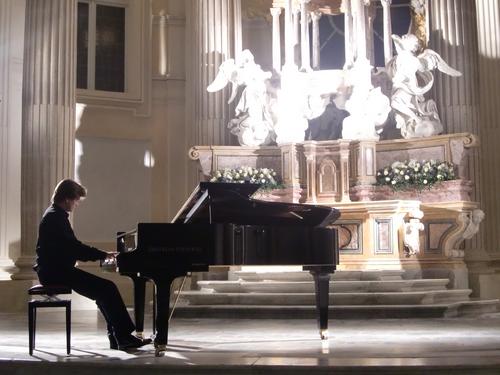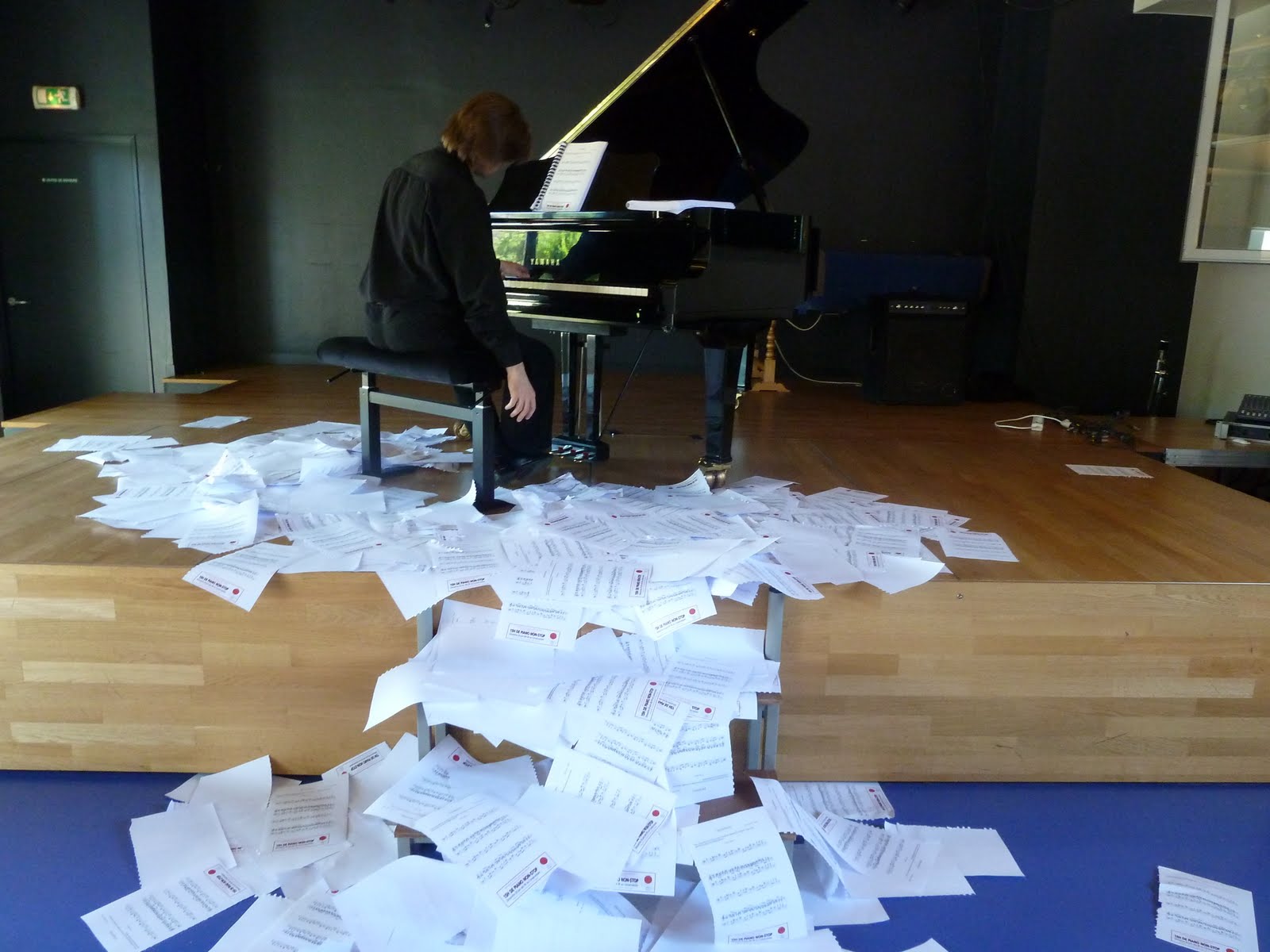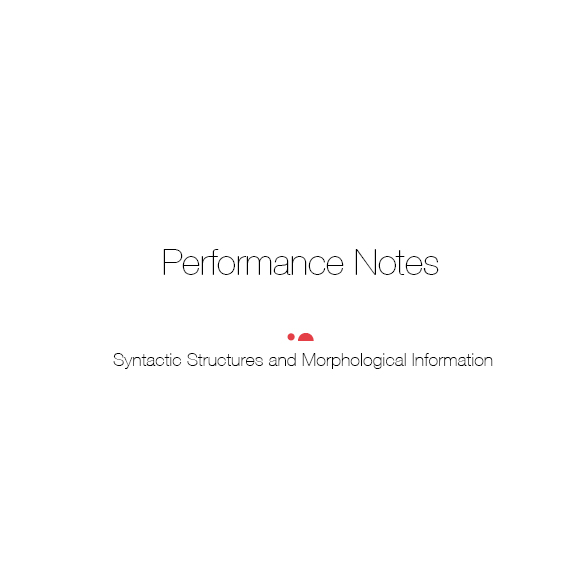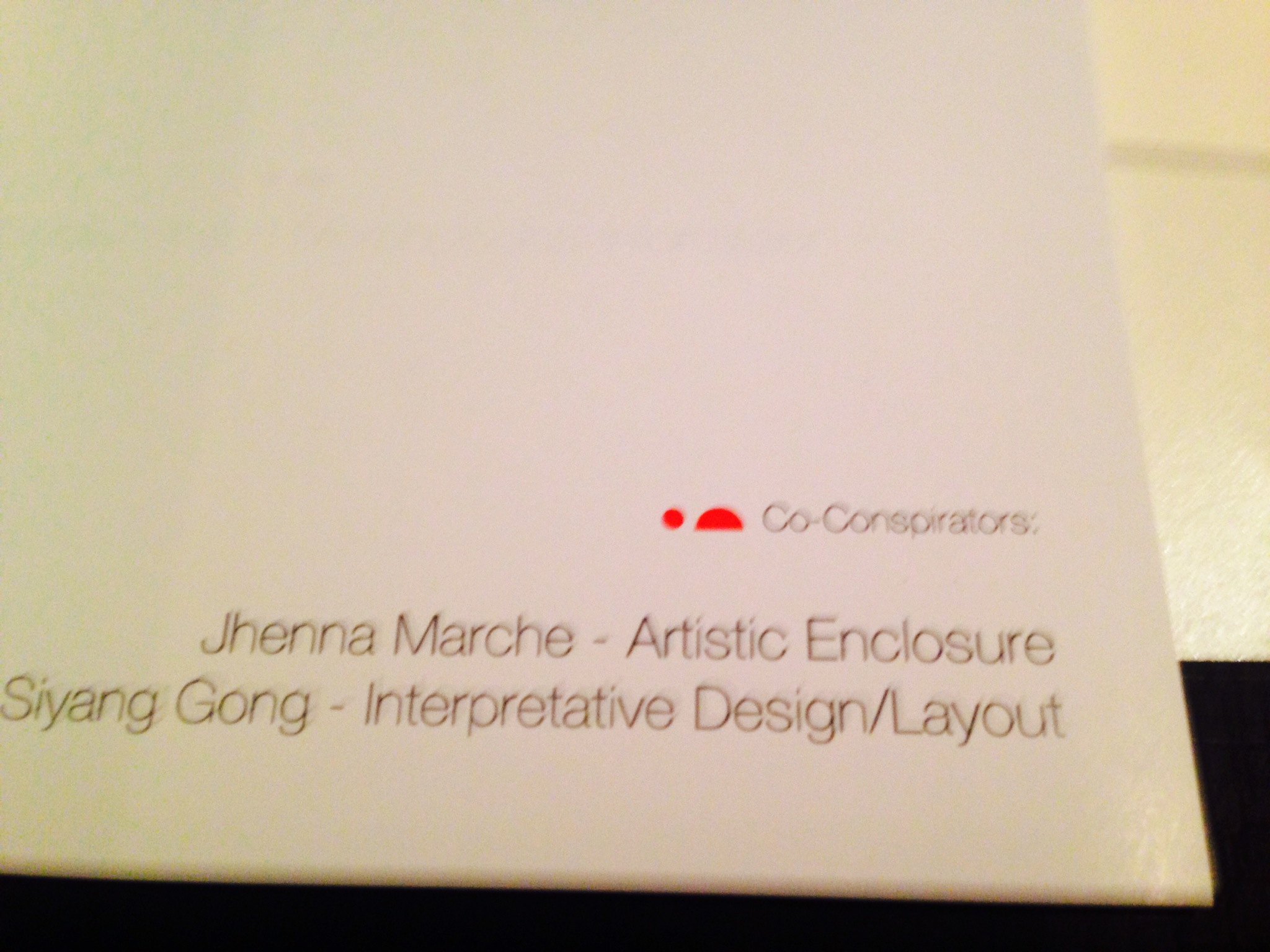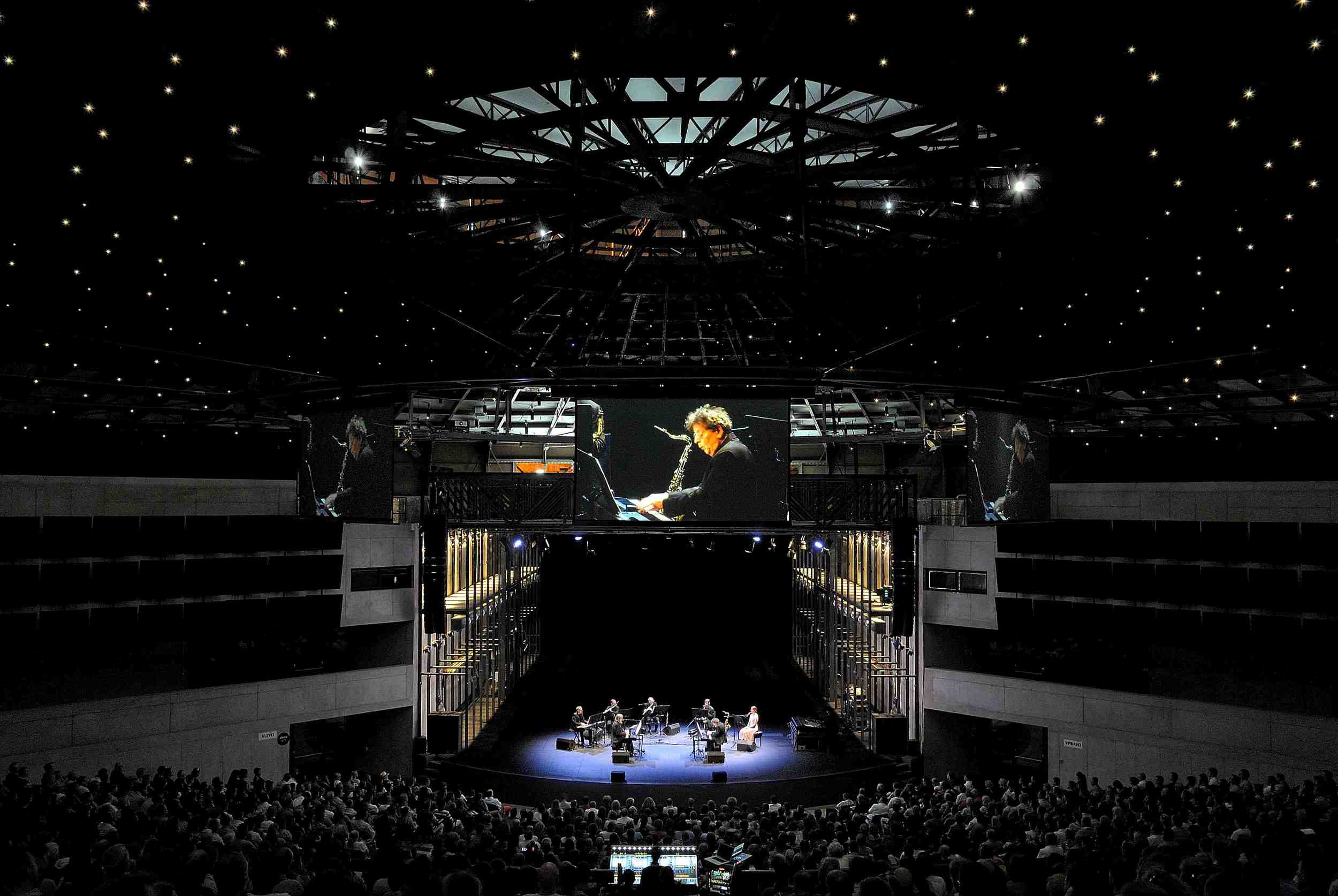“Delinquent Spirit of a Drowned City” for Solo Piano
Bil Smith Composer
World Premiere by Nicolas Horvath
11. April. 2014
Palais de Tokyo
Paris, France
A Special Performance by Maestro Horvath: “Philip Glass: Homages + Marathon”
Co-Conspirators: Jhenna Marche, Siyang Gong
The score: Four (4) independent pages, 27.5” X 17.5” on boards; three (3) transparencies, 17.5” X 3.35”, Performance Notes book, portfolio enclosure and oil on canvas 46” X 31” (integument).
This work is inspired by Philip Glass’ “The Light.” Glass composed this work in 1987 to celebrate the 100th anniversary of the Michelson-Morley experiment, whose data, failed to demonstrate their hypothesis, but led to discoveries about special relativity and the speed of light; and ultimately, the impact on light and color.
Date:
11/04/2014 - 15:00
Friday 11 april, at 3 p.m.
Seven-hour concert for piano
Nicolas Horvath (b. 1977, lives and works in Paris), a talented pianist with a special aptitude for unusual concerts (such as the entirety of Vexations, a work composed by Éric Satie in 1893, presented at the Palais de Tokyo in 2012), this time takes on the challenge of the work of Philip Glass, who has already been celebrated at the 2013 Festival d’Automne. At the Palais de Tokyo he is offering a musical odyssey lasting nearly seven hours, an immersion in sound linking up with the spirit of Terry Riley’s “All-Night Concerts” in the 1970s. He is presenting virtually all the work for piano written by the brilliant American composer to the public, along with thirty creative works from around the world by a variety of composers influenced by Glass’s work.
The compositional structure is based on W.V.O. Quine’s theories of holophrastic indeterminacy, or “…indeterminacy of musical performance translation.” This is one of two kinds of indeterminacy of performance interpretation to appear in his writings.
According to Quine, “There is more than one correct method of interpreting (translating) notations where the two interpreters differ not merely in the meanings attributed to the sub-sentential parts of sounds but also in the net import of the whole composition.”
It is holophrastic indeterminacy that underlies Quine’s argument against synonymy, the basis of his objections to Rudolf Carnap’s analytic/synthetic distinction.
The pianist is empowered, yet restricted by the presence of textual references and neologisms, inferred tablature (transparencies) and direct tablature (found on the far right side of the four (4) large pages of the score).
The focus on combinatorial tablatures and tactical notational systems represent my interest in the efforts my musical allegory makes to affect change while grappling with the notion of radical—whether as a self-identification or a prescribed moniker, or both—and the mutations of disruption, authority, activism, and ethos that take place. I am curious about the actuality of innate constructions determining one’s aesthetic and sociopsychic passion and sense of agency.
“Delinquent Spirit” is a platform for investigating intentionality and the rapport I have to documentary or archival forms—a fragile and volatile place for both the object and subject. Authenticating experiences through new musical representations quickly impresses a contemporary psychological form of recognition. Within these mediated forms of cognition, music establishes a further expanded dimensional presence. Ultimately, it is challenging to understand this work as a completed form or even as a record—it is something that is permeable and flexible.
Co-Conspirators on "Delinquent Spirit of a Drowned City" Jhenna Marche (Artistic Enclosure) and Siyang Gong (Interpretative Design/Layout)
Jhenna Marche Siyang Gong
